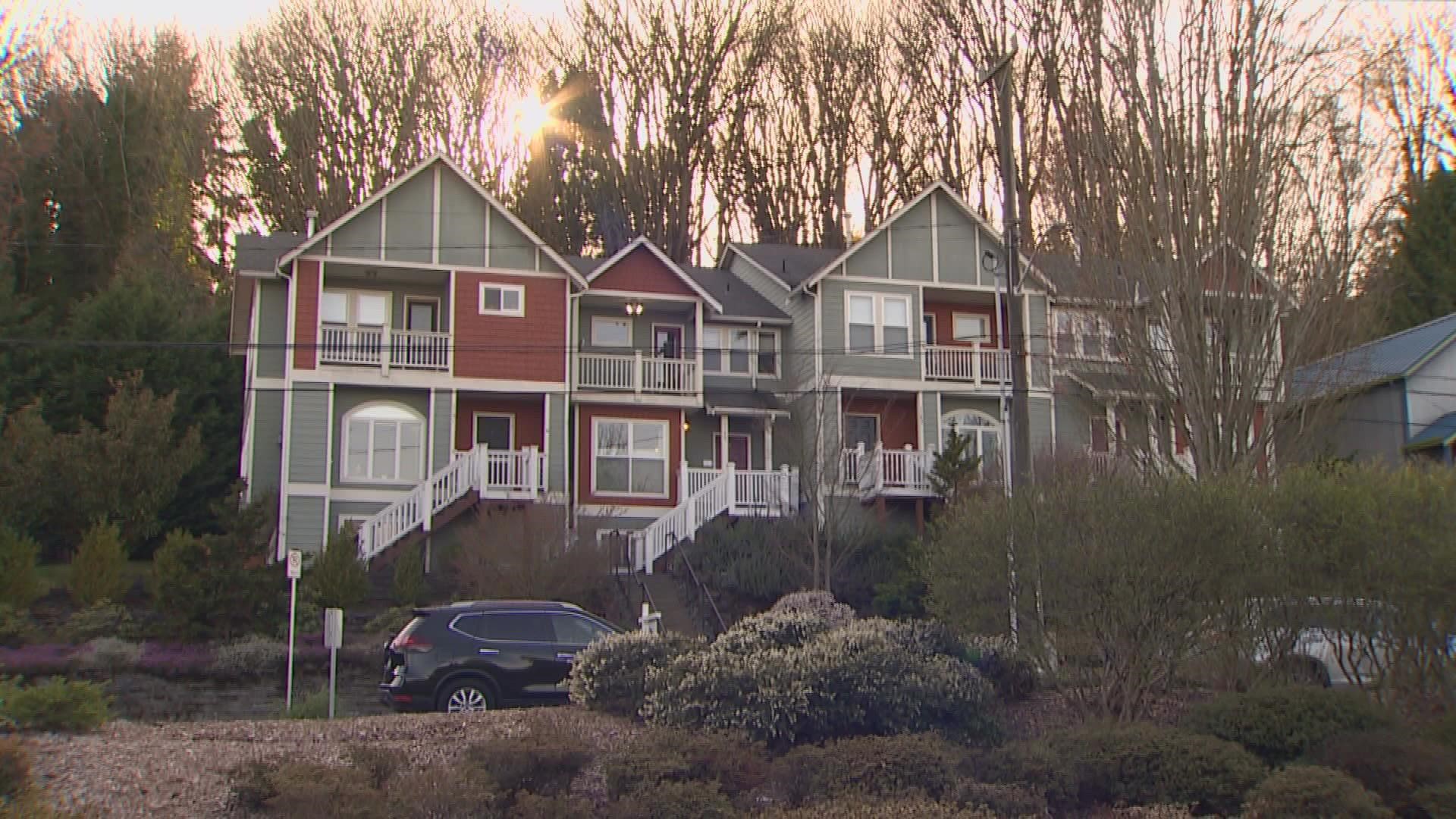Editor's note: The above video originally aired February 10, 2022.
SEATTLE – Seattle's eviction moratorium will expire at the end of February after Mayor Bruce Harrell announced a final two-week extension for the program through a new executive order Friday.
As part of the executive order, Harrell has also directed the Office of Housing to distribute more than $25 million in funding to support vulnerable renters and small landlords.
According to a release, the funding is meant to complement money already being allocated by King County.
The mayor’s office also shared the following statement:
“With COVID cases steadily declining, the time has come for the City to move on from the broad approach of the eviction moratoria and instead drive more deliberate and focused efforts to support those most in need. In addition to the distribution of all available emergency rental assistance, truly vulnerable tenants – those still suffering significant pandemic-related financial hardships – will continue to have enhanced eviction protections, while at the same time small landlords have needed clarity as they evaluate how to move forward.”
In his previous executive order extending the moratorium an eighth time, Harrell directed city departments to create reports and analyses of data regarding things like utility shutoffs and existing efforts to help struggling tenants. He also directed staff to develop a website to connect tenants and landlords with financial help, rights and protection information and other updates as the moratorium ends.
The announcement comes a day after Harrell met with about a dozen property owners virtually on Thursday afternoon. During the meeting, which lasted for about 25 minutes, landlords explained why they didn't want the moratorium extended.
Former Seattle Mayor Jenny Durkan first announced the eviction moratorium in March 2020, shortly after the COVID-19 pandemic began. The moratorium restricts landlords from evicting their tenants for non-payment during the pandemic unless there's an "immediate threat to life and safety." The executive order also extends other COVID-19 related measures to help reduce stress on tenants, such as utility payments.
Harrell said he had heard from many property owners seeking an end to the moratorium.
“I think I understand the plight and the challenges of the landlord community quite well but I’m certainly willing to hear more,” he said.
Deo Chand, who owns a house with his wife in south Seattle, explained a tenant moved into his rental property and has not paid them any rent since July 2020.
"We are stuck paying the mortgage and property tax with no relief or nothing,” Chand said. “They are putting the house in a mess. We might have to demolish the thing before we can occupy it back.”
Harrell also heard from Buffy McCormack, who isn’t a landlord but has a similar story. Her parents owned a house in Ballard. She says a family member let people into that house. McCormack says her inability to get those people out of the home forced her to sell.
“I guess the hardest thing for me to understand is why it has to be a blanket policy to cover my situation which is very, very, very different than a family who has hit hard times due to COVID,” McCormack said.
In the Friday release, Harrell admitted that the city was not out of the pandemic yet but called on residents and landlords to work together toward a “new normal.”
His statement reads, “The City of Seattle will continue to take action to support those most in need – striving to protect the health and well-being of our residents, prevent homelessness and undue financial hardship, and build One Seattle with abundant opportunity for all and thriving, vibrant, connected communities.”

